
The Carbon Market
Markets fluctuate. In the past year, I have ridden a market roller coaster in an environmental arena that has seen high peaks, which led to my dream job, and low valleys, which put me among the unemployed.
Read more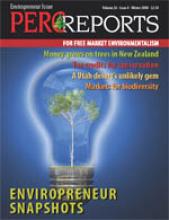

Markets fluctuate. In the past year, I have ridden a market roller coaster in an environmental arena that has seen high peaks, which led to my dream job, and low valleys, which put me among the unemployed.
Read more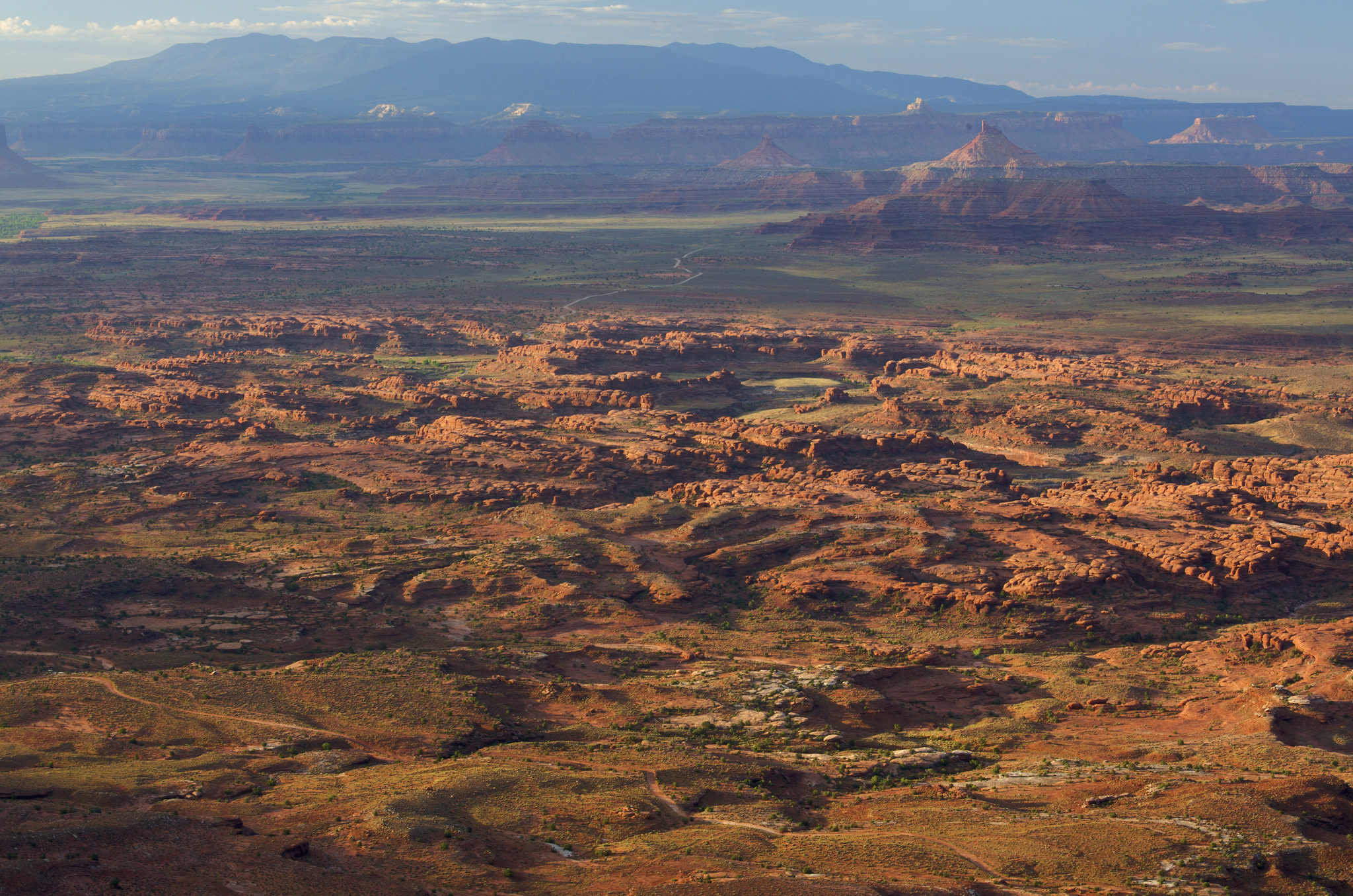
The Mojave Desert in southwest Utah is desolate and dry, until Highway 18 takes you across a canyon that is overflowing with lush greenery, sheer rock walls, and gin-clear springs.
Read more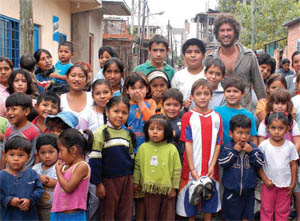
In the shanty towns of Buenos Aires and other impoverished communities, many children go barefoot. Blake Mycoskie changed that paradigm with the creation of a new business - Toms shoes. Now, children wearing bright-colored canvas shoes can be found on four continents.
Read more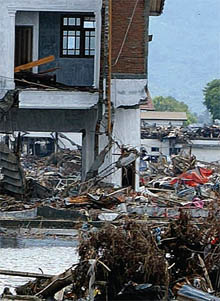
The devastation wrought by the tsunami that struck Sri Lanka in 2004 still exists.
Read more
California utility companies are investing heavily in solar power. The utilities, along with many industry experts, expect the tax breaks for solar producers will make the cost of solar energy competitive with power from coal and natural gas by 2016 when the credits expire.
Read more
As paper overflows wastebaskets and flutters from dumpsters in office parks, many people have rallied to the cry for a paperless office to save trees.
Read more
The world’s ocean fisheries are in decline. Since 1950, nearly 30 percent of all fisheries have collapsed, and some scientists project that in 40 years, all of the world’s fisheries could collapse.
Read more
The Malua Wildlife Habitat Conservation Bank (Malua BioBank ) recently was launched in Malaysia by a forestry investment management firm that is at the forefront of developing and commercializing environmental products.
Read more
About 3,000 wild snow leopards now roam the pristine areas of Himalayan mountain regions. Despite conservation measures, most of which aim to establish protected areas, the long-term survival of this beautiful mountain cat is far from assured.
Read more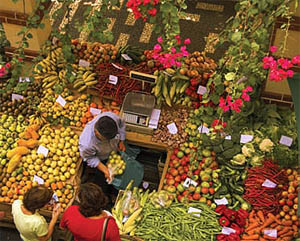
In North Carolina, productive land is being lost to development while more people are seeking locally grown foods. Triangle Land Conservancy, a community land trust, is encouraging the use of its lands for food production by offering long-term leases to new farmers.
Read more